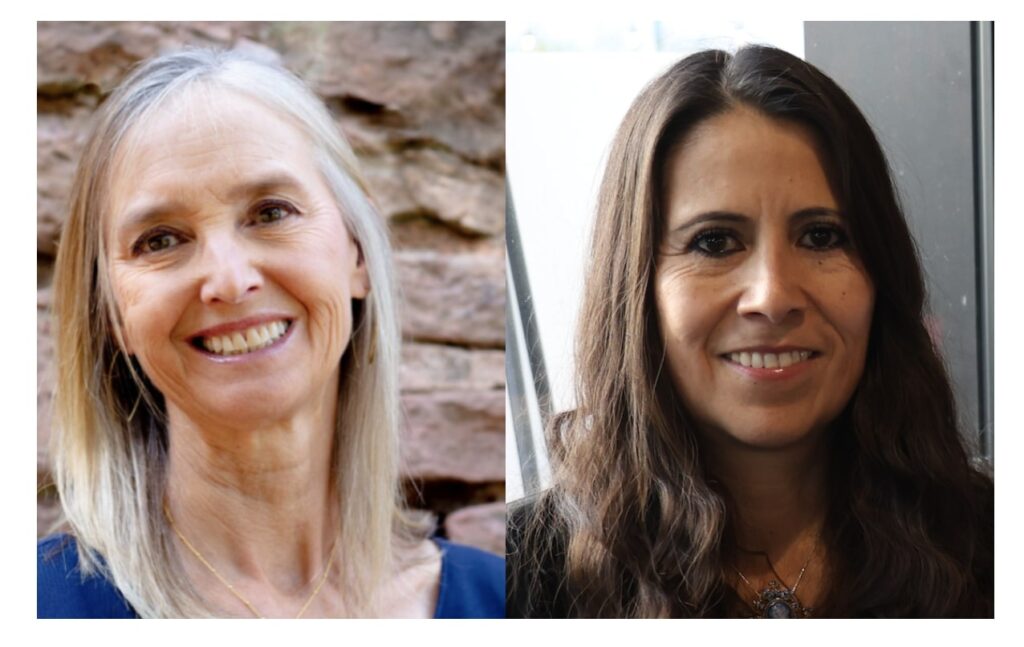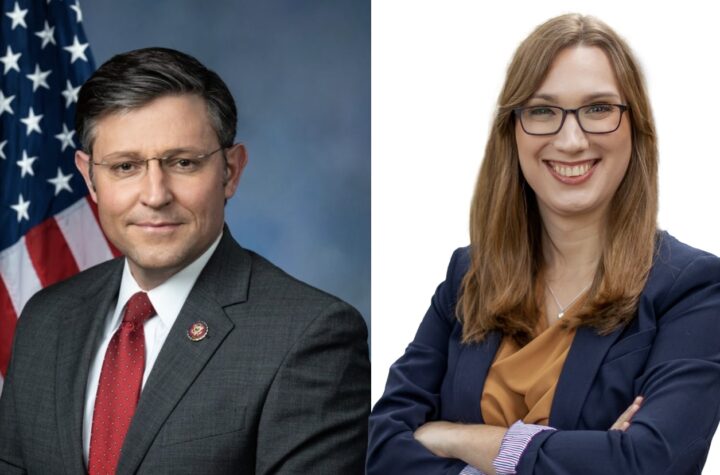
The opinions, beliefs and viewpoints expressed by our guest columnists do not reflect the opinions, beliefs and viewpoints of this publication.
Giuliana Day, President of Life Decisions
Catherine Wheeler, a board-certified OB/GYN
Haga click aquí para leer la versión en español
For decades, the abortion industry has focused on protecting abortion, but not on protecting women. 71% of Colorado voters are unaware that abortion is currently legal under any and all circumstances in our state. Voters also don’t know that high-risk second- and third-trimester abortion clinics are not licensed, regulated, or inspected. The state does not restrict the type of healthcare professionals who can provide abortion services. Abortion providers are not required to have essential levels of competence or experience to perform abortions. Nor are they required to be trained to manage emergencies and complications they cause. To be clear, Colorado laws offer protection for abortion clinics and providers, but not for women when they need it most.
The abortion industry’s position is one of absolute opposition to any restrictions or regulations that might be an impediment to abortion access, including protections for women. According to the Guttmacher Institute, the leading organization committed to advancing sexual and abortion rights, Colorado has no requirement to have facility standards comparable to those for surgical centers. In other words, there are no requirements for standardized policies and procedures for abortion clinics, adequate lighting and ventilation for abortion procedures, surgical exam tables and other fixed equipment, emergency exits to accommodate a gurney or stretcher, areas to sterilize instruments, procedure rooms, etc. to ensure patient safety in the event of an emergency or during the abortion procedure.
Giuliana Day, President of Life Decisions
Furthermore, our State is one of a handful of states that does not have a law restricting abortion provision to physicians, meaning that other clinicians can provide abortions without restrictions or standards. There is no specific training required for a clinician to perform abortions. Sometimes they learn on the job. In fact, the Pueblo abortion clinic advertised that it would hire doctors with no experience. Warren Hern, an 86-year-old abortionist in Boulder, still performs high-risk second- and third-trimester abortions. Second trimester abortions are a surgical procedure, with a 10% complication rate, 1.7% being life-threatening. Third trimester abortions are risky inductions of labor and delivery. It is reckless disregard of women’s health and safety for Colorado to not license or regulate abortion facilities, unlike the regulations, licensure, and oversight of surgical and birthing centers.
This is the hidden truth that the abortion industry doesn’t want people to know. It is an unregulated and highly profitable industry. This is an industry that specifically targets communities like the Latino community. Based on my years of experience working with the Latino community and being an immigrant myself, Latinos strongly reject abortions performed at any stage and through the nine months of pregnancy, as established by current law in Colorado. The abortion law in our State also supports taking the lives of babies in the womb even if the baby is the “wrong sex” or “wrong race.” In testimony heard in the Colorado House of Representatives on February 11, 2020, in relation to HB20 1098 bill, Boulder Abortion Clinic staff were recorded telling a patient that they “don’t judge” her for wanting to abort a third trimester baby because the father was Latino.
Let’s Offer Real Help to Women
Latinos are also family-oriented and reject the idea that minors can make critical decisions without parents’ involvement leaving them vulnerable to pressure. Women, especially minorities, are
negatively affected by the lack of oversight and minimum standards of care to protect women’s health and safety.
This November voters will have the responsibility to decide on Amendment 79. Colorado is one of the most unrestricted and protective state of abortion rights in the nation. A NO vote on Amendment 79 does not make abortion illegal in Colorado. Rather, a NO vote protects parental notice laws that require parental notification before an abortion. A NO vote will help protect minors from an increase in child sex trafficking, which relies on unreported abortions and lack of parental knowledge. Voting NO on Amendment 79 will also maintain the possibility for future bills to protect women and healthy, viable unborn babies.
A vote against Amendment 79 will also prohibit the use of public funds for all abortions. This means the state legislature would be able to force taxpayers to pay for late abortions for in state and out-of-state women. If Amendment 79 passes, it will result in millions of dollars in annual costs to Colorado taxpayers.
Women deserve better. Latino families need to know the dangerous and extreme implications of Amendment 79. If Amendment 79 passes, there will be a ban of any future regulations on abortions through the nine months of pregnancy on healthy babies and women. Women will be left without any safeguards regarding abortion, parental notification will be gone, and abortions will be paid for by taxpayers. Coloradans should vote NO on Amendment 79.
You may also like:
My Journey from Lifelong Democrat to Gabe Evans Supporter
Defending Corporal Punishment Instead of Progress
Guest Columnist – For Latine Coloradans, reproductive justice belongs in our churches






otras noticias
An Immigration Plan for the New Administration
Yadira Caraveo Accepts Defeat in Colorado’s 8th District
Gabe Evans Virtual Winner in Colorado’s 8th District